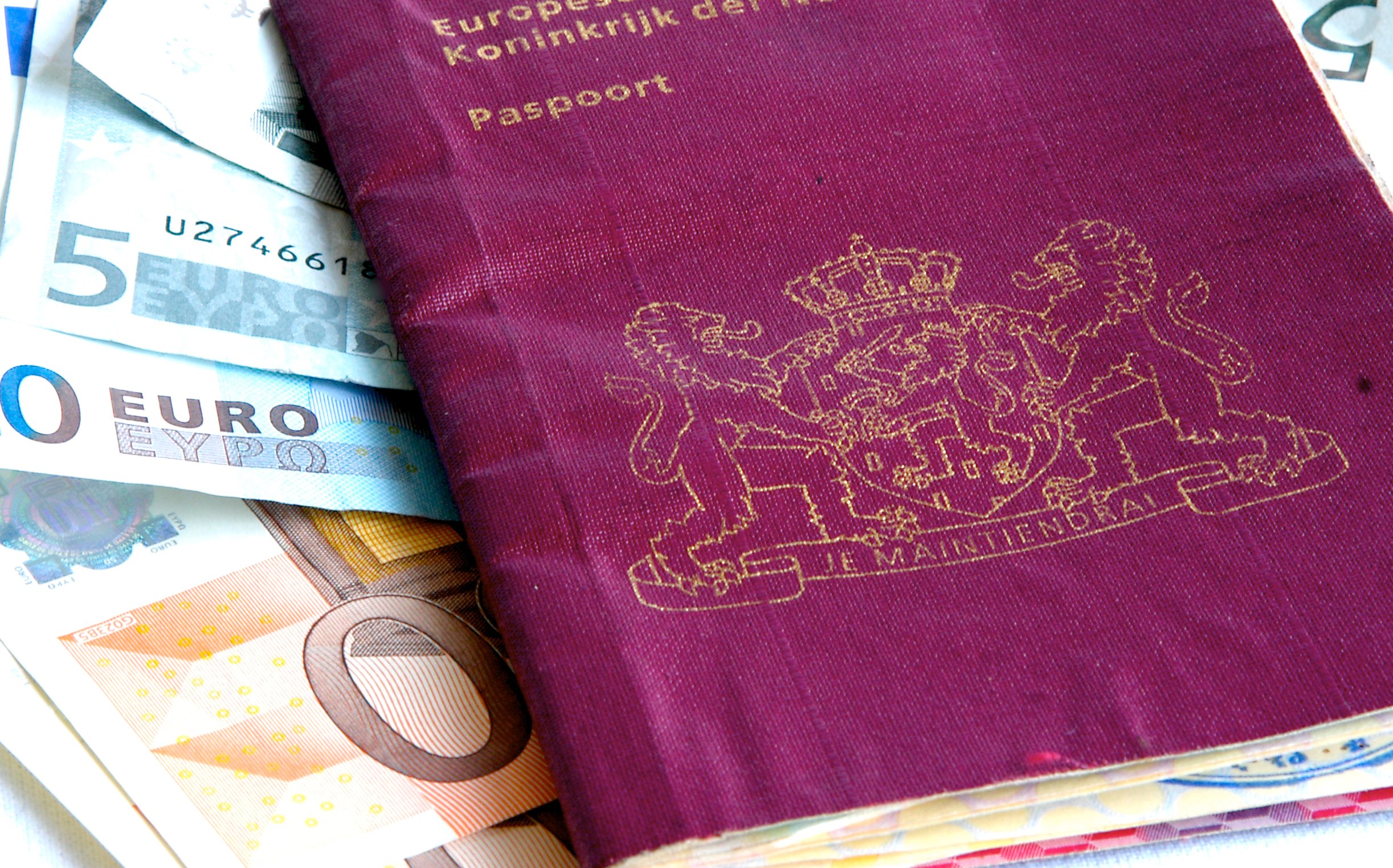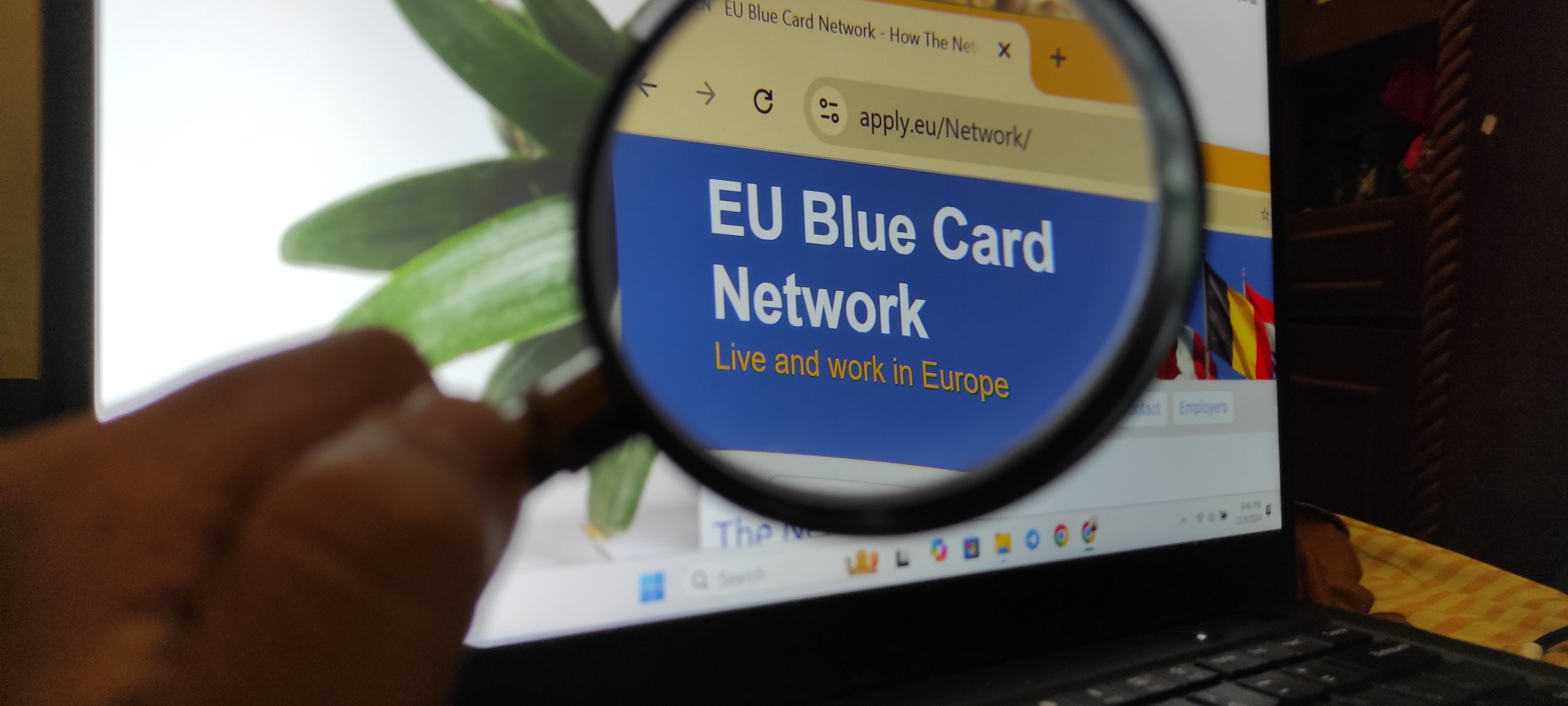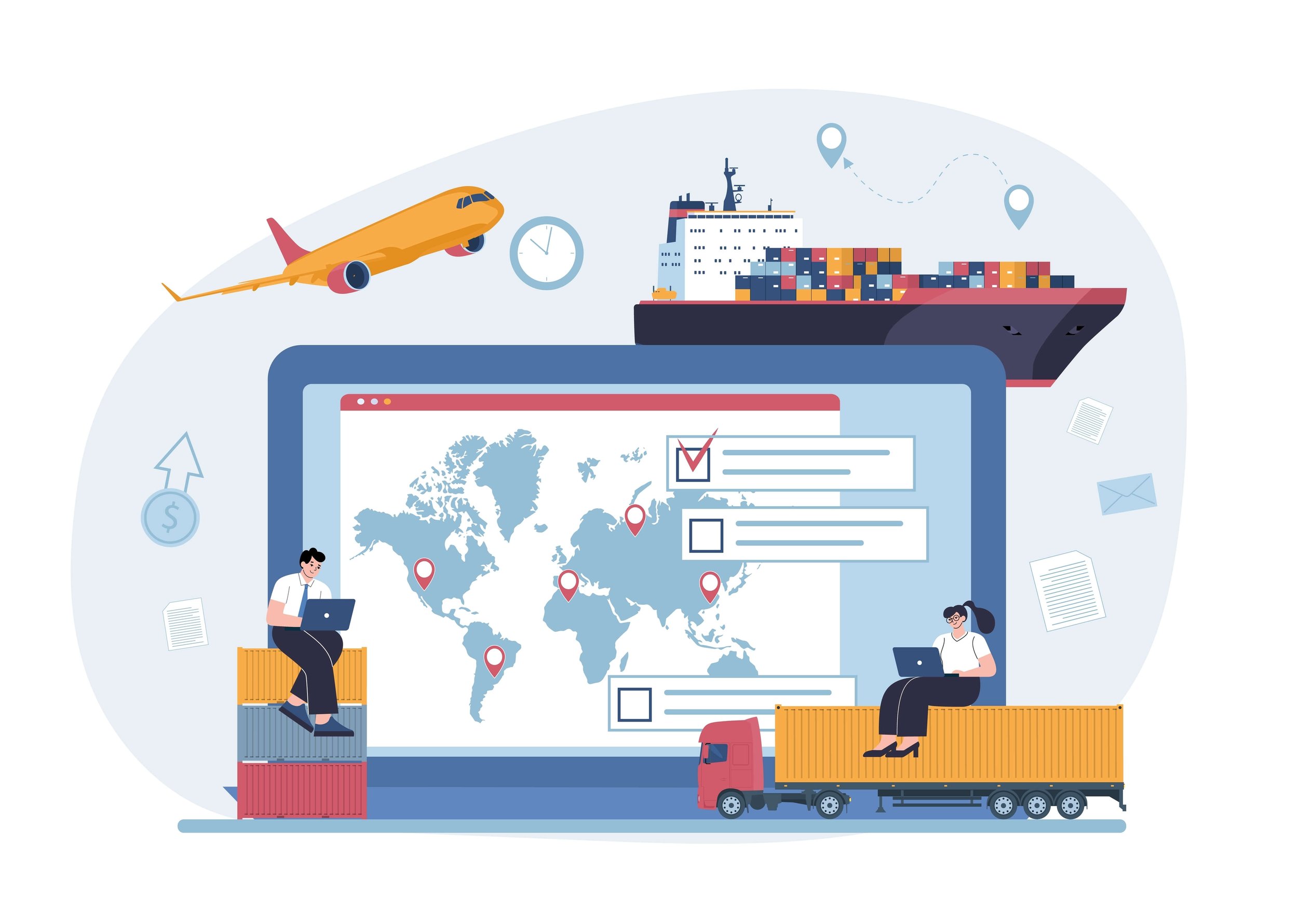Hiring Non-EU Students in the Netherlands: What Dutch Employers Need to Know
4:40
As the Netherlands continues to attract a growing number of international students, many Dutch companies see an opportunity to hire talented, multilingual young professionals for part-time or temporary positions. While this can be a smart move for businesses looking to diversify their workforce and build relationships to attract these talented individuals into future full time positions, hiring students with non-EU nationalities comes with specific legal obligations. Failing to comply with these regulations can have serious financial and reputational consequences.
This article outlines what Dutch employers need to consider when hiring a student with non-EU nationality and the risks associated with non-compliance.
While students with an EU nationality can freely work in the Netherlands, students from outside the European Union (including EEA countries and Switzerland) who hold a valid Dutch residence permit for study purposes are only allowed to work in the Netherlands under certain conditions. Crucially, they require a work permit and cannot work unlimited hours without restrictions. Dutch employers must be aware of the following rules:
Work Permit (TWV): A Dutch employer must obtain a work permit (Tewerkstellingsvergunning or TWV) from the Employee Insurance Agency (UWV) before the student can start working. This application must be submitted by the employer, not the student.
Restricted Working Hours: Non-EU students may either:
Work a maximum of 16 hours per week during the academic year, or
Work full-time during the months of June, July, and August.
For each of these situations a separate work permit is required.
Students are not allowed to exceed these limits, even if they hold multiple part-time jobs. Importantly, combining hours from different employers still counts towards the 16-hour weekly limit.
Internships: If the student performs an internship related to their field of study, a TWV is generally not required, provided a signed internship agreement (stageovereenkomst) exists between the student, the employer, and the educational institution. The internship must meet specific conditions and contain detailed goals and timelined plan on how to reach those goals.
Before hiring a non-EU student, Dutch companies must:
Verify the student’s residence status by checking their residence permit, ensuring it explicitly allows work alongside studies.
Apply for a TWV in time, which can take up to five weeks for processing by UWV.
Monitor working hours strictly to ensure the student does not exceed the legal limit.
Employers are also required to keep a copy of the student’s residence permit and work permit (if applicable) on file for inspection by labor authorities.
Risks and Consequences of Non-Compliance
Hiring a non-EU student without a valid TWV or allowing them to work beyond the permitted hours exposes Dutch companies to significant risks:
High Financial Penalties: The Dutch Labour Inspectorate (Nederlandse Arbeidsinspectie) enforces strict penalties for illegal employment. Standard fines for employing non-EU nationals without a valid work permit are €11,250 per employee. This applies even if the student themselves was unaware of the rules or if the excess hours were minor.
Reputational Damage: Beyond financial penalties, companies risk reputational harm if they are found to be violating Dutch labor and immigration laws. Cases of illegal employment are often made public, which can affect a company’s standing with clients, partners, and regulatory authorities.
Legal Liability: Non-compliance may also affect a company’s eligibility for future permits, subsidies, or government contracts.
Hiring non-EU students can offer Dutch companies valuable international perspectives and skills. However, it is crucial to fully understand and comply with the legal framework governing their employment. Ensuring timely work permit applications, strict monitoring of working hours, and careful record-keeping are essential responsibilities for employers.
If in doubt, it’s advisable to consult with an expert familiar with Dutch employment regulations for international students. By taking these precautions, your company can confidently benefit from the talents of international students while avoiding the significant risks associated with non-compliance.
In case of any questions, please contact our Immigration Team.

Unravel the key differences between staffing and payrolling to make informed decisions for your business needs.

Hiring non-EU talent as a non-profit in the Netherlands? Learn the pros, cons & criteria of key permits like the Highly Skilled Migrant, GVVA & EU Blue Card. Find out which fits your organization best and get expert help to simplify the process!

Looking to hire top global talent fast? Learn how your Dutch startup can hire highly skilled migrants using an Employer of Record—skip the red tape, stay compliant, and scale smarter. Discover the benefits and process in our guide.

Discover the ins and outs of holiday allowance in the Netherlands, including how it’s calculated, when it’s paid, and why it’s an essential perk for employees in the Netherlands.

The Netherlands has relaxed EU Blue Card requirements, offering better job security, lower salary thresholds, and new IT professional benefits. Find out how you can qualify!

Become a recognized sponsor with the IND and benefit from a fast-track immigration process. Discover the advantages, requirements, and application steps. Exterus guides you through every phase, from recognition to Employer of Record services.

Learn how to transition from self-employment under a DAFT permit to a salaried position in the Netherlands. Navigate Dutch immigration & employment regulations with ease.

Explore how the Temporary Protection Directive enables Ukrainian nationals to live and work in the Netherlands. Learn about hiring processes, employer responsibilities, and pathways to long-term residency.

Understanding the rules and regulations surrounding leave for highly skilled migrants is important for both employers and employees in ensuring compliance.

Discover the benefits of the International Trade Scheme (ITS) for Dutch businesses. The ITS allows companies to bring in specialized non-EU workers quickly and efficiently without the need for individual work permits, streamlining international projects.

This article aims to provide an outline of the requirements and procedural steps to ensure a smooth and compliant experience for hiring interns in the Netherlands
Subscribe to our newsletter and stay ahead with the latest insights and developments in global employment mobility, delivered straight to your inbox.
By subscribing you agree to with our Privacy Statement